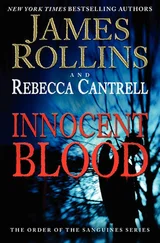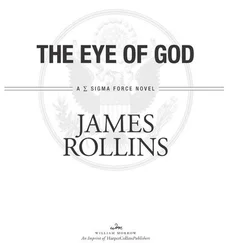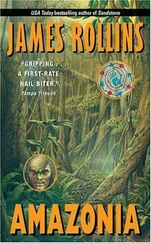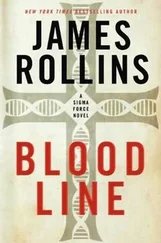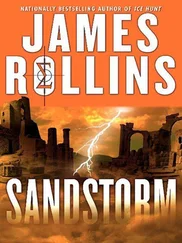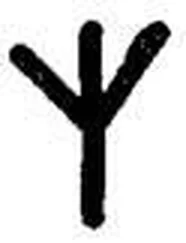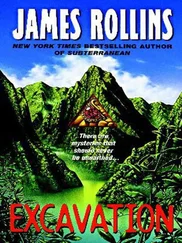Until at last, at eighteen, Gray had simply packed his bags and joined the Army, leaving in the middle of the night.
Afterward the two did not speak for a full two years.
Slowly his mother had brought them back together. Still, it had remained an uncomfortable détente. She had once said, “You two are more alike than you are different.” Grayson had not heard scarier words.
“This goddamn sucks…” his father said softly, breaking the silence.
“Budweiser certainly does.” Grayson lifted his beer bottle. “That’s why I only drink Sam Adams.”
His father grinned. “You’re an asshole.”
“You raised me.”
“And I suppose it takes one to know one.”
“I never said that.”
His father rolled his eyes. “Why do you even bother coming over?”
Because I don’t know how long you’ll remember me, he thought, but dared not say it aloud. There remained a tight spot behind his sternum, an old resentment that he could not completely let go. There were words he wanted to say, wanted to hear…and a part of him knew he was running out of time.
“Where did you get these sandwiches?” his father asked, taking a bite and speaking around the mouthful. “They’re pretty good.”
Gray kept his face passive. “Mom made ’em.”
A flicker of confusion followed. “Oh…yeah.”
Their eyes met again. Fear flared brighter in his father’s gaze…and shame. He had lost a part of his manhood fifteen years ago and now he faced losing his humanity.
“Pop…I…”
“Drink your beer.” He heard an edge of familiar anger, and Gray reflexively shied from it.
He drank his beer, sitting silently, neither able to speak. Maybe his mother was right. They were too much alike.
His beeper finally went off at his waist. Gray grabbed it too quickly. He saw the Sigma number.
“That’s the office,” Gray mumbled. “I…I have an afternoon meeting.”
His father nodded. “I should get back to this damn birdhouse.”
They shook hands, two uneasy adversaries conceding no contest.
Gray returned to the house, said his good-byes to his mother, and collected up his bike. He mounted it and quickly pedaled toward the Metro station. The phone number on his beeper had been followed by an alphanumeric code.
 911.
911.
An emergency.
Thank God.
5:03 P.M.
VATICAN CITY
THE SEARCH for the truth behind the Three Magi had turned into a painstaking archaeological dig — but instead of hauling dirt and rock, Monsignor Vigor Verona and his crew of archivists were digging through crumbling books and parchments. The crew of scrittori had done the initial spadework in the main Vatican Library; now Vigor sifted for clues about the Magi in one of the most guarded areas of the Holy See: the Archivio Segretto Vaticano, the infamous Secret Archives of the Vatican.
Vigor strode down the long subterranean hall. Each lamp clicked on as he approached and switched off as he left it behind, maintaining a pool of illumination around him and his young student, Jacob. They crossed the length of the main Manuscript Depository, nicknamed the carbonile, or bunker. Built in 1980, the concrete hall rose two stories high, each level separated by a mesh metal floor, connected by steep stairs. On one side, miles of steel shelves contained various archival regestra : bound reams of parchments and papers. On the opposite wall stood the same metal shelves, only sealed and locked behind wire doors, protecting more-sensitive material.
There was a saying about the Holy See: the Vatican had too many secrets…and not enough. Vigor doubted the latter as he strode through the vast depository. It kept too many secrets, even from itself.
Jacob carried a laptop, maintaining a database on their subject. “So there were not just three Magi?” he said as they headed toward the exit to the bunker.
They had come down here to digitize a photograph of a vase currently residing at the Kircher Museum. It had depicted not three kings, but eight . But even that number varied. A painting in the cemetery of Saint Peter showed two , and one at a crypt in Domitilla illustrated four .
“The Gospels were never specific on the number of Magi,” Vigor said, feeling the exhaustion of the long day setting in. He found it useful to talk through much of his thoughts, a firm believer in the Socratic method. “Only the Gospel of Matthew directly refers to them, and even then only vaguely. The common assumption of three comes from the number of gifts borne by the Magi: gold, frankincense, and myrrh. In fact, they might not even have been kings. The word magi comes from the Greek word magoi, or ‘magician.’”
“They were magicians?”
“Not as we might think. The connotation of magoi does not imply sorcery, but rather practitioners of hidden wisdom. Hence the ‘wise men’ reference. Most biblical scholars now believe they were Zoroastrian astrologers out of Persia or Babylon. They interpreted the stars and foresaw the coming of a king to the west, portended by a single celestial rising.”
“The Star of Bethlehem.”
He nodded. “Despite all the paintings, the star was not a particularly dramatic event. According to the Bible, no one in Jerusalem even noted it. Not until the Magi came to King Herod and brought it to his attention. The Magi had figured a newborn king, as heralded by the stars, must be born to royalty. But King Herod was shocked to hear of this news and asked them when they saw the star rise. He then used Hebrew holy books of prophecy to point out where this king might’ve been born. He directed the Magi to Bethlehem.”
“So Herod told them where to go.”
“He did, sending them as spies. Only on the way to Bethlehem, according to Matthew, the star reappeared and guided the Magi to the child. Afterward, warned by an angel, they left without telling Herod who or where the child was. Thence began the slaughter of the innocents.”
Jacob hurried to keep pace. “But Mary, Joseph, and the newborn child had already fled to Egypt, warned by an angel as well. So what became of the Magi?”
“What indeed?” Vigor had spent most of the last hour chasing down Gnostic and Apocryphal texts with references to the Magi, from the Protevangelium of James to the Book of Seth. If the bones were stolen, was there motivation beyond pure profit? Knowledge could prove their best weapon in that case.
Vigor checked his watch. He was running out of time, but the Prefect of the Archives would continue the search, building the database with Jacob, who would forward their findings via e-mail.
“What about the historical names of the Magi?” Jacob said. “Gaspar, Melchior, and Balthazar?”
“Supposition only. The names first appeared in Excerpta Latina Barbari in the sixth century. Further references follow that one, but I think they’re more fairy tales than factual accounts; still, they may be worth following. I’ll leave that for you and the Preffeto Alberto to research.”
“I’ll do my best.”
Vigor frowned. It was a daunting task. Then again, did any of this really matter? Why steal the Magi bones?
The answer eluded him. And Vigor was unsure if the truth would be found among the thirty miles of shelves that made up the Secret Archives. But one consensus had begun to form from all the clues. Factual or not, the stories of the Magi hinted at some vast wealth of hidden knowledge, known only to a certain sect of magi.
But who were they really?
Magicians, astrologers, or priests?
Читать дальше
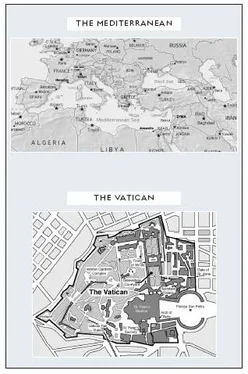
 911.
911.